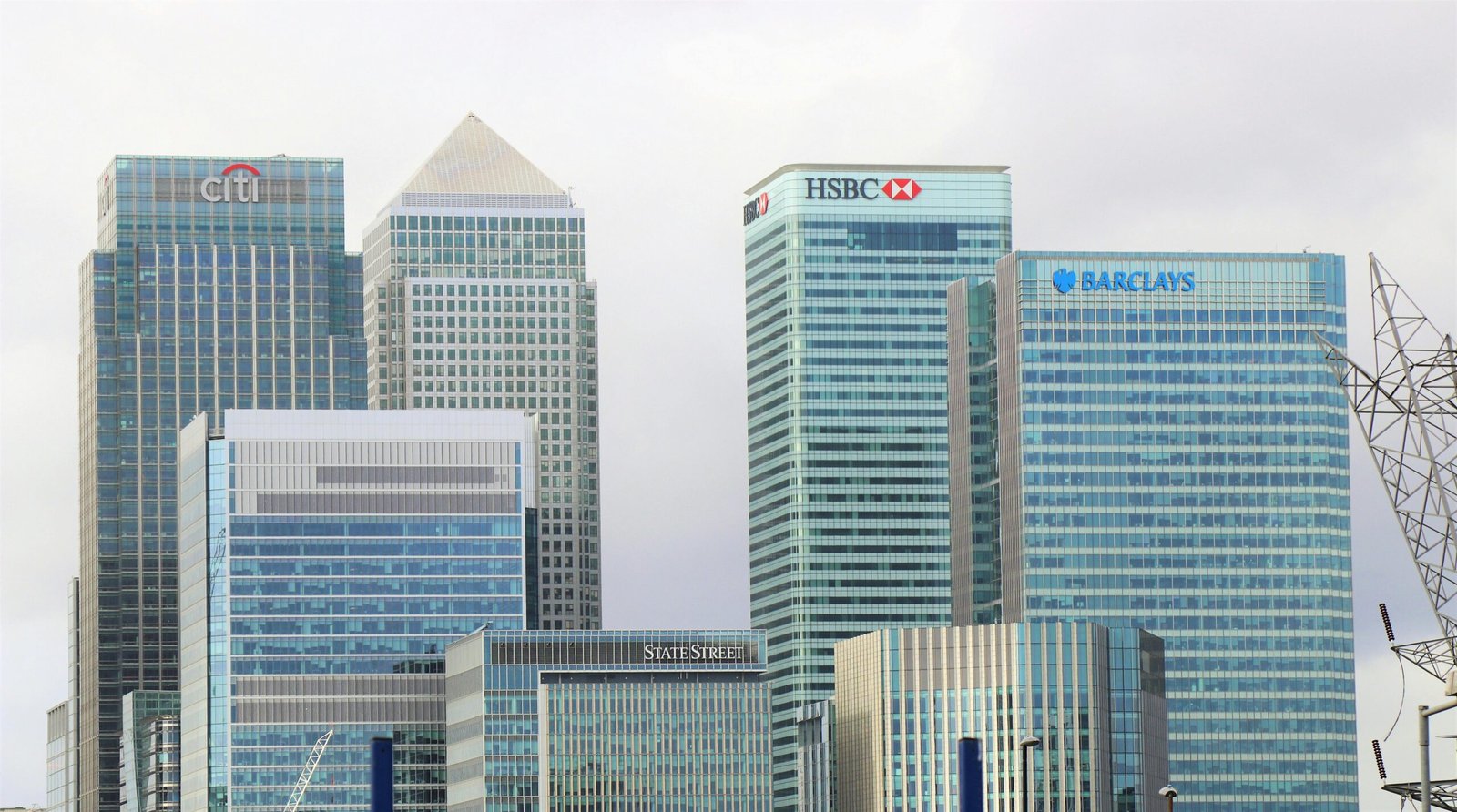The International Monetary Fund (IMF) is one of the most powerful financial institutions in the world. Established in the aftermath of World War II, the IMF plays a central role in stabilizing the global economy, lending money to countries in crisis, and guiding economic policy in developing and developed nations alike. But while some see it as a guardian of financial order, others accuse it of pushing austerity and deepening inequality.
This article explores what the IMF is, how it works, the scale of its influence, and why it remains one of the most controversial and consequential actors in global finance.
What is the IMF?
The International Monetary Fund (IMF) is an international organization made up of 190 member countries, whose stated mission is to ensure the stability of the international monetary system—that is, the system of exchange rates, trade, and international payments that enables countries to transact with each other.
It was established in 1944 at the Bretton Woods Conference in New Hampshire, United States, alongside the World Bank. While the World Bank focuses on long-term development projects, the IMF’s main function is to:
- Promote global economic stability
- Prevent financial crises
- Support countries in economic trouble through financial assistance and policy advice
How the IMF Works
1. Surveillance
The IMF constantly monitors global economic trends, country-specific data, and financial systems. It conducts annual “Article IV consultations” with each member country to assess their economic health and provide recommendations.
2. Financial Assistance
When a country faces a balance of payments crisis—meaning it cannot pay for its imports or service its debt—the IMF steps in with a loan package. These loans are often tied to “conditionalities”, such as:
- Reducing public spending
- Reforming tax systems
- Devaluing currency
- Liberalizing trade or labor laws
3. Capacity Development
The IMF offers training, technical assistance, and support to countries developing economic policy frameworks, improving governance, and managing financial institutions.
How Big is the IMF?
The IMF’s total financial resources are vast. As of 2024, it has access to around $1 trillion USD, made up of:
- Quota subscriptions from member countries (the IMF’s core funding)
- Borrowed resources through arrangements like the New Arrangements to Borrow (NAB) and bilateral borrowing agreements
The size of a country’s quota (and voting power) is determined by its economic size and contribution to the global economy. For example:
- The United States holds about 16.5% of the vote
- China holds around 6.0%
- Smaller countries often have less than 0.1%
Advantages of the IMF
✅ 1. Crisis Management and Support
When countries face financial collapse, the IMF can act swiftly to provide emergency funds. This prevents economic contagion, where one country’s collapse spreads to others.
✅ 2. Economic Stabilization
IMF programs often come with policy recommendations that aim to restore fiscal balance, control inflation, and stabilize exchange rates.
✅ 3. Global Economic Surveillance
The IMF publishes widely respected data and reports (like the World Economic Outlook) that help governments, investors, and analysts understand economic risks and global trends.
✅ 4. Capacity Building
Developing countries benefit from training programs, technical assistance, and help in designing better public finance systems, central banking, and economic forecasting.

Disadvantages and Criticisms
Despite its benefits, the IMF has long been criticized, particularly in the developing world.
❌ 1. Austerity Measures
IMF loan conditions often require deep cuts to public spending—on health, education, and subsidies. This can lead to:
- Rising unemployment
- Lower economic growth
- Social unrest
For example, in Greece (2010–2015), IMF-imposed austerity measures led to sharp declines in public services and a prolonged economic depression.
❌ 2. Loss of Sovereignty
Countries receiving IMF loans must follow a strict policy framework, which many see as an infringement on national sovereignty. Domestic governments may have little flexibility once an IMF agreement is in place.
❌ 3. Western-Dominated Voting Power
The IMF is often seen as dominated by Western nations, particularly the U.S. This has led to concerns that it prioritizes the interests of wealthy countries at the expense of poorer nations.
❌ 4. One-Size-Fits-All Solutions
Critics argue that the IMF promotes a neoliberal agenda of free-market reforms, which may not suit every country’s unique situation or development stage.
IMF in Action: Case Studies
📌 Argentina
Argentina has had a turbulent relationship with the IMF. In 2018, it received a $57 billion bailout, the largest in IMF history. However, the strict austerity measures triggered economic contraction, and Argentina has since struggled to meet IMF targets.
📌 Iceland (2008 Crisis)
Iceland’s banking sector collapsed in 2008. The IMF provided $2.1 billion, and with capital controls and coordinated reforms, Iceland recovered faster than many expected.
📌 Ukraine (Ongoing)
Ukraine has received IMF support since 2014 to stabilize its economy during the conflict with Russia. The IMF has provided billions in emergency funding alongside EU and U.S. aid.

The IMF’s Role in the Global Economy
The IMF acts like a lender of last resort, preventing full-scale economic meltdowns in times of crisis. Its advice shapes how nations manage:
- Debt
- Inflation
- Currency policy
- Economic reform
It also plays a coordinating role during global financial crises. For example, during the COVID-19 pandemic, the IMF disbursed over $170 billion in emergency loans to help over 85 countries deal with public health and economic shocks.
The Future of the IMF
The IMF is under pressure to modernize in a rapidly changing world:
- Digital finance: Cryptocurrencies and fintech challenge traditional banking systems.
- Climate change: The IMF has started assessing climate risks in economic planning.
- Inclusive growth: There’s growing demand for policies that reduce inequality, not just stabilize balance sheets.
Calls are growing for the IMF to reform its voting structure, allow more flexible policies, and focus less on austerity and more on sustainable development.
Conclusion: Necessary but Controversial
The International Monetary Fund is a cornerstone of the post-WWII economic order. It plays a critical role in global financial stability, especially in times of crisis. Its data, expertise, and funding have helped countless nations avoid collapse and rebuild.
However, its policies often come at a price: sovereignty, social costs, and inequality. Whether the IMF evolves to meet 21st-century challenges—or remains tied to outdated economic thinking—will determine its relevance and effectiveness in the years to come.
Need to build a professional digital presence for your global business?
👉 Visit Rakuzan.eu for world-class web design and scalable website solutions.
Looking for reliable hosting with international reach?
👉 Try Hostinger for high-speed, secure infrastructure.
Disclaimer: This article is for informational purposes only and does not constitute financial, tax, or investment advice. Readers should consult with a licensed professional before making any financial or business decisions.





